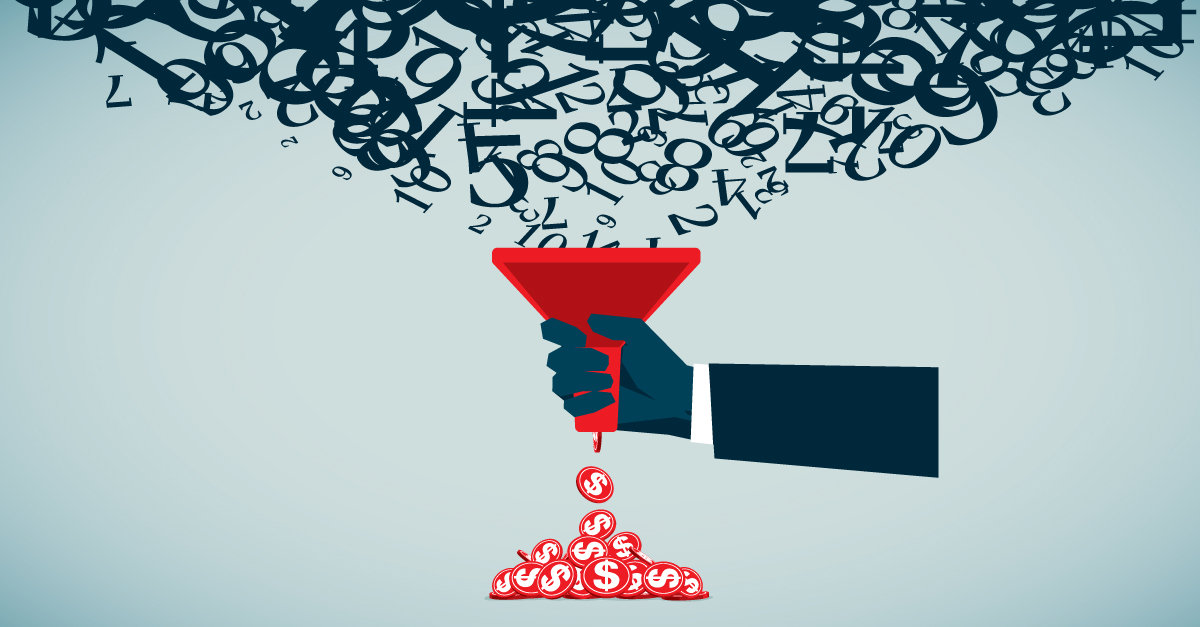For years, we assumed our personal data was the currency of tech giants—Google, Meta, Amazon. But today, governments themselves are entering the arena, transforming citizen information into one of the most valuable assets of the 21st century. Health records, financial transactions, biometric IDs, and even browsing histories are no longer just administrative files; they’re becoming revenue streams, bargaining chips, and tools of power.
Around the world, states are increasingly treating data like oil. National digital ID systems, once justified as tools of efficiency, now generate massive databases that can be sold, shared, or leveraged in global negotiations. India’s Aadhaar, China’s social credit system, and Europe’s proposed health-data platforms all show a trajectory where governments no longer simply regulate data—they profit from it.
This shift is not always direct. Some governments license access to anonymized data, while others build partnerships with private firms, turning citizen records into a form of soft taxation. For example, public health data is quietly powering pharmaceutical AI models, while mobility data informs billion-dollar infrastructure deals. Citizens rarely see a cut, even though the raw material is their lives.
Critics warn of blurred lines between governance and surveillance capitalism. When the state holds both the authority to collect and the incentive to monetize, oversight becomes fragile. Imagine a government choosing not to ban a harmful product because its citizens’ behavioral data about the product has more market value than the public health risks. This is no longer science fiction—it’s emerging reality.
Yet, the appeal is undeniable. For cash-strapped governments, selling access to datasets offers revenue without raising taxes. For powerful nations, hoarding data strengthens geopolitical influence. Whoever controls the largest and most accurate data pools can lead in AI, medicine, defense, and finance. In this sense, data sovereignty is fast becoming the new pillar of national power.
The global inequality gap is also widening. Data-rich nations in the West and Asia are accelerating their technological edge, while smaller economies risk becoming “data colonies,” providing raw citizen information to wealthier states and corporations in exchange for aid, loans, or infrastructure. The balance of global power is being redrawn not just by armies or currencies—but by databases.
For the individual, the stakes are existential. Every fingerprint scan, every hospital visit, every online search is now part of a ledger that can be traded without consent. Governments tell us it’s for security, efficiency, or innovation. But the unspoken truth is clear: in the digital age, citizens are not just voters or taxpayers—they are commodities.
